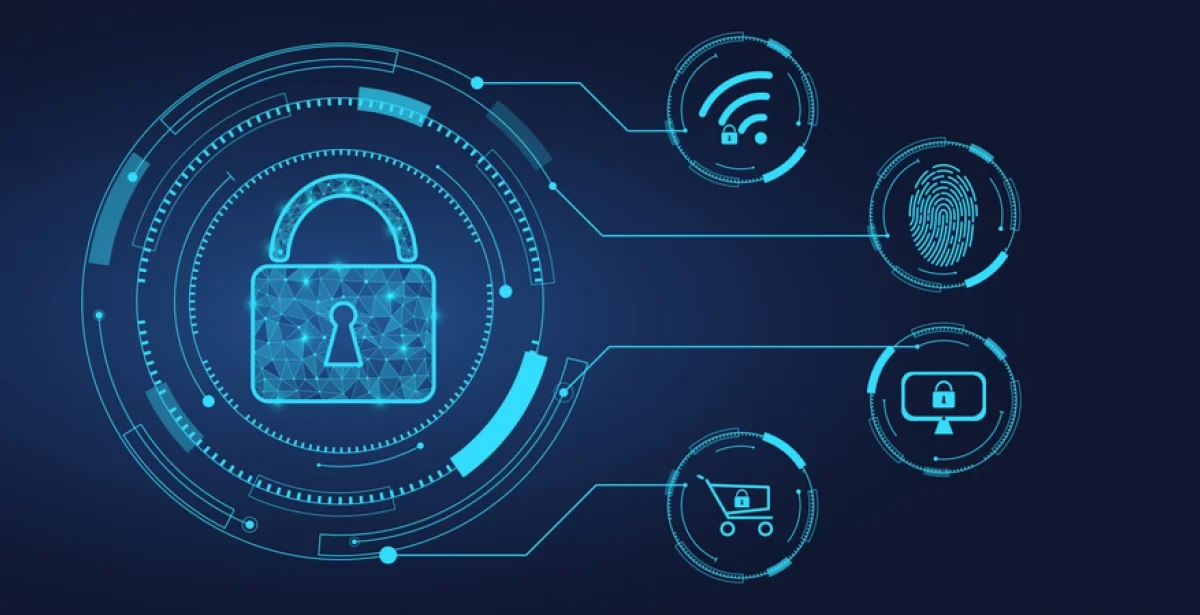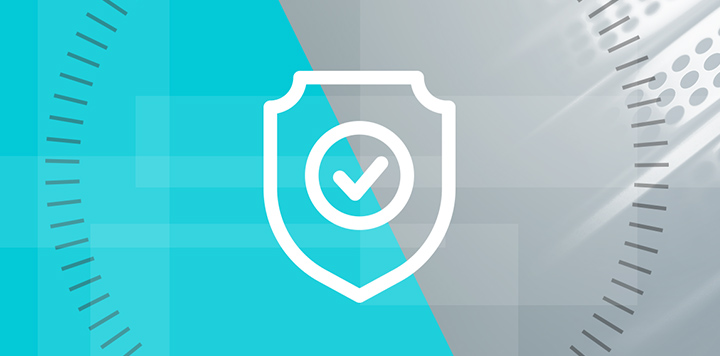Five Security Risks of Traditional Backup Mechanisms
It’s always been important for businesses to exercise backup best practices but this has become even more important with the pandemic having reset employees’ expectations around remote work. Up to 74% of professionals believe that remote work is here to stay according to Growmotely, while 16% of companies globally are already completely remote and 40% offer hybrid working. This is proving that WFH looks set to be an ongoing feature of the modern workplace, rather than the temporary fluke that many expected or even hoped it might have been at the start of the pandemic.
This sudden shift to remote work placed a lot of pressure on entities like IT support, internet service providers, and video chat applications that enable remote communication by moving the boundaries. With unprecedented numbers of people working from home and exposing themselves to additional risk via personal computers, unsecured home networks, or potentially unstable internet connections, it’s more important than ever for businesses to have a backup and recovery system in place to guard against data loss.
You might think how you back up your data is less important than the fact that you back it up at all, but that’s not true. Your backup method matters because not all backup methods are created equal, and some pose more security risks than others. In fact, using traditional on-prem-only backup mechanisms instead of cloud-first data protection can make you vulnerable by way of hidden security risks. Here’s what you need to know.
How do traditional backup mechanisms work?
You might wonder, “What’s the difference between traditional local-first backups and cloud-first backups? Why does it even matter?” Traditional backup or local-first backup refers to the process of copying data and storing it on an onsite device, typically disk drives or NAS devices. These devices are usually plugged directly into the computer being backed up, or connected to the computer using a local area network.
Traditional backup mechanisms are easily accessible and data transfer costs can be low but they also come with a host of other issues. For example, IT staff has to manage and monitor a backup application server and ever-expanding local storage. For smaller companies with fewer resources, less time, and less money than their larger counterparts, this is a significant disadvantage. Also, traditional backup mechanisms typically don’t scale very well. Adding more local backup storage space is time-consuming and labor-intensive because it requires installing and maintaining more physical hardware and doing so drives up operating costs.
Cloud-first backup helps remove many of the other pain points as well as providing totally new opportunities for data protection. With data protection built with a cloud-first architecture, only changed data bytes are identified for backup. And unlike image-based backup methods, data movement, and defrag operations are not flagged as data changes, dramatically reducing the amount of data in each incremental backup. The data is then compressed, encrypted, and sent to an offsite cloud storage device, safely out of the reach of ransomware that may be on the local network.
Cloud-first data protection takes the storage management burden off you, helping make costs more predictable and manageable. Data can be accessed at any time and from anywhere there is an Internet connection, and security is less of a concern thanks to the end-to-end encryption present in today’s top solutions. With direct-to-cloud backup, you’re better equipped to adapt to a rapidly changing landscape and to secure your data while dealing with a newly distributed and remote workforce.
Five hidden security risks with traditional backup mechanisms
Cybersecurity is a chief concern when it comes to traditional backup mechanisms. Although having the backup onsite might offer you more direct control over data than what you’d get with a cloud provider, the trade-offs simply aren’t worth it. Here are the top five risks of using traditional local-only backup mechanisms to protect data,
RISK #1: NOT HAVING A COPY OF BACKUPS OFFSITE
Traditional local backups use disks to store backup data—meaning data is entrusted to physical media at your location that are vulnerable to damage. Small businesses may not fully appreciate proper storage hardware management. For example, if your onsite backup storage happens to be under a water pipe, and that pipe bursts, that data could be lost forever and your local backups rendered useless.
Similarly, there is the threat of natural disaster. If all your backups are stored in the same location as your production data, and fire or flood takes out the facility, you have nothing to fall back on. The results can be catastrophic for a business owner.
Direct-to-cloud solutions help eliminate the security risk inherent in relying solely on storage media at your location. Your data is safely stored in professionally managed data centers.
Arguably, an even bigger risk to businesses today actually comes from the threat of ransomware that attacks everything on the network. Cloud backup can help businesses recover from this because all backup data is stored remotely, safely off the local network. This protects it against encryption by a ransomware attack, and allows a company to quickly recover back to a safe state.
RISK #2: HAVING A POTENTIAL SINGLE POINT OF FAILURE
Speaking of hardware risks, there are issues that can come with proprietary backup appliances. They can potentially introduce a single point of failure into the data protection process. If you use a local appliance that aggregates the backups and sends them in one huge chunk to the cloud, any device failure will bring scheduled backups to a halt. If the appliance suffers a hardware failure, or simply reaches its capacity, there is a risk of not discovering the issue until several backup cycles have passed.
RISK #3: BREAKING A LINK IN THE BACKUP CHAIN
Another issue with many traditional backup mechanisms is that they establish chain dependencies. Chains are one method of saving and managing incremental backups, and they can be risky. If recovery of later backups is dependent upon every incremental that came before, a break in the chain can spell data loss. Even if the chain works correctly, the recovery process can be slow and tedious, requiring the system to rebuild every link in the chain from the last full backup.
RISK #4: INABILITY TO TEST
Many traditional backup products do not provide an automated way to test and verify the recoverability of backups. Regular backup testing is the only way to make sure your backups are recoverable, but older systems require manual work and effort to test backups, including dedicated servers or virtual machines. Busy companies rarely have time to do this as often as they know they should.
Cloud backup helps you easily and automatically test recoveries for business-critical servers. Enroll your servers in the recovery testing plan just once, and backup will automatically test the most recent backup regularly, capturing a screenshot of the booted VM and creating reports with no further manual effort. This feature helps ensure your data is not only safely backed up, but also verified recoverable; demonstrating an even higher level of service.
RISK #5: LACK OF ACCOUNTABILITY
If you partner with multiple vendors, accountability can be a concern with traditional backup mechanisms. Old-school methods require three vendors: a backup software provider, a local data storage provider, and a cloud service provider to store a secure offsite copy. If a recovery fails, it can be difficult to determine who’s to blame. Vendors may point fingers, blaming one another, and you may be forced to deal with two or three different support organizations at a stressful time.
This short list only scratches the surface. If you rely completely on traditional local-first backup methods, you may increase your risk of running into many more avoidable security issues.
To learn more about backup and recovery strategies, contact your Adetti representative. We can provide you with complete backup solutions to make sure your data, and your business, is safe.





